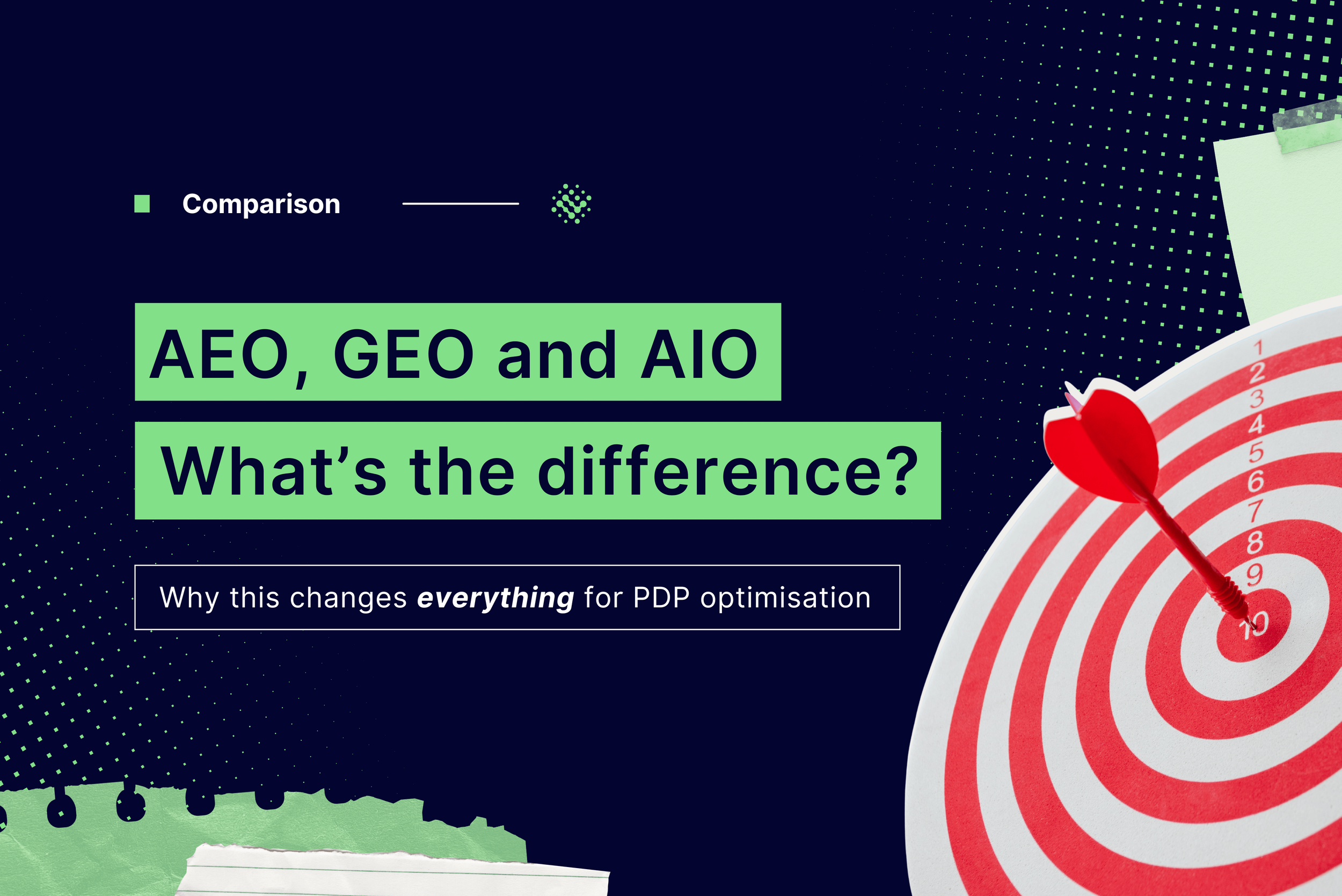Why is Agentic AI so difficult to get right?
Over 40% of agentic AI projects fail before they’ve even launched. But what exactly is it about agentic AI that makes it so difficult to build?
Hype about agentic AI – a technology once consigned to the realms of science fiction and – has noisily crescendoed over the past year.
Just take a look at this graph showing Google searches for ‘Agentic AI’ in the United Kingdom:
Google searches for agentic AI in the United Kingdom to date
That’s a pretty staggering increase.
The term ‘agentic AI’ refers to any AI system that is capable of acting independently and autonomously to achieve its goals. In theory, agentic AI doesn’t need constant human intervention or oversight, and is able to handle multiple, complex instructions at once. This already sounds like a game-changer for countless verticals and industries, cutting tedious, time-consuming workflows and accelerating efficiency. Now, a steady stream of breakthroughs in popular LLM technology mean it’s getting easier to imagine AI agents assisting with every aspect of working life. It’s not science fiction anymore.
And, naturally, there’s a wide range of use cases for agentic AI technology. Life science companies are currently , while . Other use-cases are perhaps more familiar to ecommerce professionals: at Ï㽶ÊÓƵ, we’ve created an agentic AI copywriter capable of writing on-brand product content.
With examples like these gaining growing traction, many , far from the futuristic dream of the 90s. Other teams are looking to build agentic AI systems themselves, throwing their weight behind in-house AI initiatives.
However, as this past year has shown, building agentic AI often requires more than the average internal taskforce. In 2024-25, , with leaders citing complexity, cost, and unclear value. found most implementations fail to move the P&L.
Something is stopping would-be agentic AI projects in their tracks. But what?
I interviewed members of our Product and Engineering teams here at Ï㽶ÊÓƵ to find out their thoughts. Here’s what they said.
What makes agentic AI so difficult to get right?
Watch the full interview here – transcript below.
Transcript:
: From an engineering perspective, regular engineering is very predictable. And by that I mean, regular engineering either works, or it doesn't. But within AI, and especially when it comes to LLMs, engineering can be very unpredictable. LLMs are often trained from messy data, which means that, rather than just looking for bugs in code and trying to firm up your software, working with agentic AI can feel more like looking after a really unpredictable young child.
One of the biggest challenges with building an agentic system is context engineering. In other words, it can be difficult to work out the right amount of context to give to your agent. You don't want to give it too little context for a task, so that it doesn't know what to do… But equally, you also don't want to give it too much context either. That’s a mistake. If you go too far, and give the agentic system too much background, it can become distracted and start hallucinating connections between the tasks that it's trying to achieve. So, often one of the main challenges with building agentic AI is telling the agent what to ignore as much as what to pay attention to.
 Traditionally, systems that we build in engineering are really deterministic, which means that they follow a highly predictable flow. For example, a UI developer might code up a series of screens, which then update data in the backend in a predictable way that always happens in a set sequence, going from A to B to C.
However, when you start building agentic AI, everything you’re used to from traditional engineering goes out of the window. All of a sudden, a user can take the agent off course at will, or talk about things completely out of turn. A user might even ask the AI system to do something that isn’t its core job. Building a system that is tolerant to all of those divergences in user behavior is incredibly hard.
Equally, building agentic AI is really hard from the point of view of hiring talent. To build an agentic AI system, all the traditional roles that we’re used to in engineering slip away. Instead, you end up with people who have really blurred skills that cross between design, front and backend engineering, and so on. It's fundamentally a complete different set of skills to be an effective AI engineer, compared to traditional engineering at SaaS apps.
I think what makes working with agentic AI difficult is that even though you’re essentially working with an incredibly smart assistant who’s fantastic at creative tasks, because agentic AI is also a probabilistic system, it's really hard to keep it consistent. In that sense, it's kind of like a human.  It's great at carrying out a variety of different tasks with genuine creativity and flair, but when you want it to do the same thing a hundred times, there will be be error rates. That’s why getting an LLM and agentic AI system to do things very consistently is extremely difficult. And that's where we spend a lot of our time here at Ï㽶ÊÓƵ.














